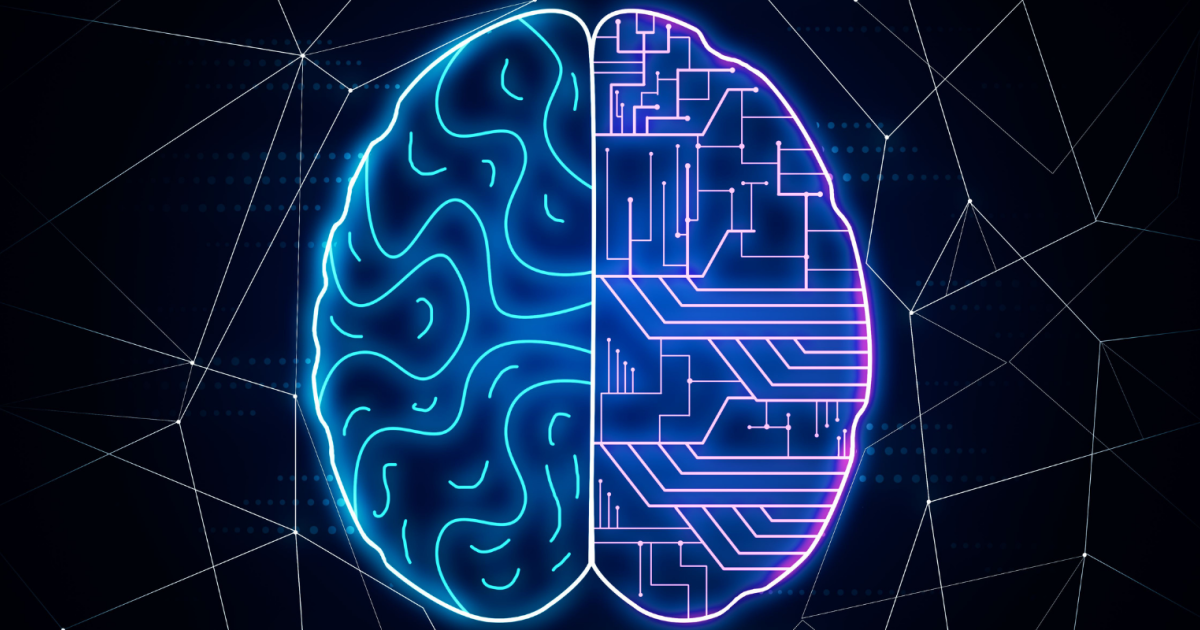Machine Learning: A Comprehensive Overview

Machine learning is a subset of artificial intelligence (AI) and computer science that revolves around the concept of enabling computers to learn from data and improve their performance over time. Unlike traditional programming, where explicit instructions are provided, machine learning algorithms use patterns and statistical techniques to make predictions or decisions. This introductory topic provides an overview of the field, including its history, core concepts, and the different types of machine learning.
Machine Learning Methods
Machine learning methods encompass the various techniques and approaches used to teach machines to learn from data. These methods can be broadly categorized into supervised, unsupervised, and reinforcement learning. This section delves into the methodologies and strategies that underpin machine learning, helping to lay the foundation for understanding the nuances of different algorithms.
The Fundamentals of Machine Learning Algorithms
Machine learning algorithms are at the heart of the field, serving as the engines that drive learning from data. This topic explores the core principles that govern these algorithms, including how they process data, make predictions, and adapt their models to improve accuracy.
Supervised Learning: Predictive Modeling with Labeled Data
Supervised learning is a pivotal machine learning paradigm where algorithms are trained on labeled data, meaning the input data is paired with the correct output or target. This section delves into the mechanics of supervised learning, explaining how it’s used for tasks like classification and regression.
Unsupervised Learning: Extracting Insights from Unlabeled Data
Unsupervised learning, in contrast, deals with unlabeled data, seeking to uncover patterns and structure within the data without predefined categories. Clustering and dimensionality reduction are common applications of unsupervised learning, and this section explores these concepts in detail.
Reinforcement Machine Learning
Reinforcement learning is a unique approach where agents learn to make decisions by interacting with an environment and receiving rewards or penalties. This section delves into reinforcement learning algorithms, their applications in robotics and gaming, and the challenges they present.
Deep Learning: Exploring Neural Networks for Complex Tasks
Deep learning is a subset of machine learning that focuses on neural networks with many layers. This topic delves into the architecture of deep neural networks, their applications in image and natural language processing, and the underlying principles that make them effective.

Common Machine Learning Algorithms
Machine learning encompasses a wide array of algorithms, each designed for specific tasks and data types. This section provides an overview of some of the most commonly used algorithms, such as decision trees, random forests, support vector machines, and k-means clustering, elucidating their strengths and weaknesses.
Machine Learning vs. Traditional Programming: Key Differences
This section draws a distinction between traditional programming and machine learning, highlighting the fundamental differences in their approaches, problem-solving paradigms, and the types of problems they are best suited to address.
Feature Engineering: Crafting Data for Better Machine Learning
Feature engineering is the art of selecting and transforming relevant input variables to improve the performance of machine learning models. This topic explores techniques for feature selection, extraction, and engineering, emphasizing their impact on model accuracy.
Model Evaluation and Selection: Assessing Algorithm Performance
Evaluating and selecting the right machine learning model is crucial for achieving accurate and reliable results. This section discusses various metrics and techniques for assessing model performance and strategies for choosing the most suitable algorithm for a given task.
Overfitting and Underfitting: Balancing Model Complexity
Overfitting and underfitting are common challenges in machine learning, where models either capture noise in the data or fail to capture underlying patterns. This topic delves into these issues, explaining how to strike the right balance between model complexity and generalization.

Data Preprocessing: Cleaning and Preparing Data for ML
High-quality data is essential for effective machine learning. Data preprocessing involves cleaning, transforming, and preparing data to ensure it is suitable for training models. This section covers techniques for handling missing data, scaling features, and addressing data imbalance.
Real-World Machine Learning Use Cases
Machine learning is applied across various domains and industries to solve real-world problems. This section showcases practical use cases, illustrating how machine learning is used in healthcare, finance, marketing, and more.
Machine Learning in Real-World Applications: Success Stories
Building on the previous section, this topic provides in-depth case studies and success stories of machine learning implementations, highlighting the impact and benefits achieved in different domains.
Challenges of Machine Learning
While machine learning offers tremendous potential, it also presents challenges such as data privacy, bias, interpretability, and scalability. This section explores these challenges and discusses approaches to mitigate them.

Ethical Considerations in Machine Learning and AI
As machine learning becomes more integrated into society, ethical considerations are paramount. This topic delves into the ethical issues surrounding machine learning, including fairness, transparency, and responsible AI development and deployment.
Machine Learning Frameworks and Tools: A Comprehensive Guide
Machine learning frameworks and tools play a crucial role in simplifying the development and deployment of machine learning models. This section provides an overview of popular frameworks and tools, helping practitioners choose the right ones for their projects.
Future Trends in Machine Learning: What Lies Ahead?
The field of machine learning is constantly evolving. This final topic explores emerging trends and future directions in machine learning, including developments in deep learning, reinforcement learning, and the potential impact of quantum computing on the field. Understanding these trends is essential for staying at the forefront of this dynamic field.







